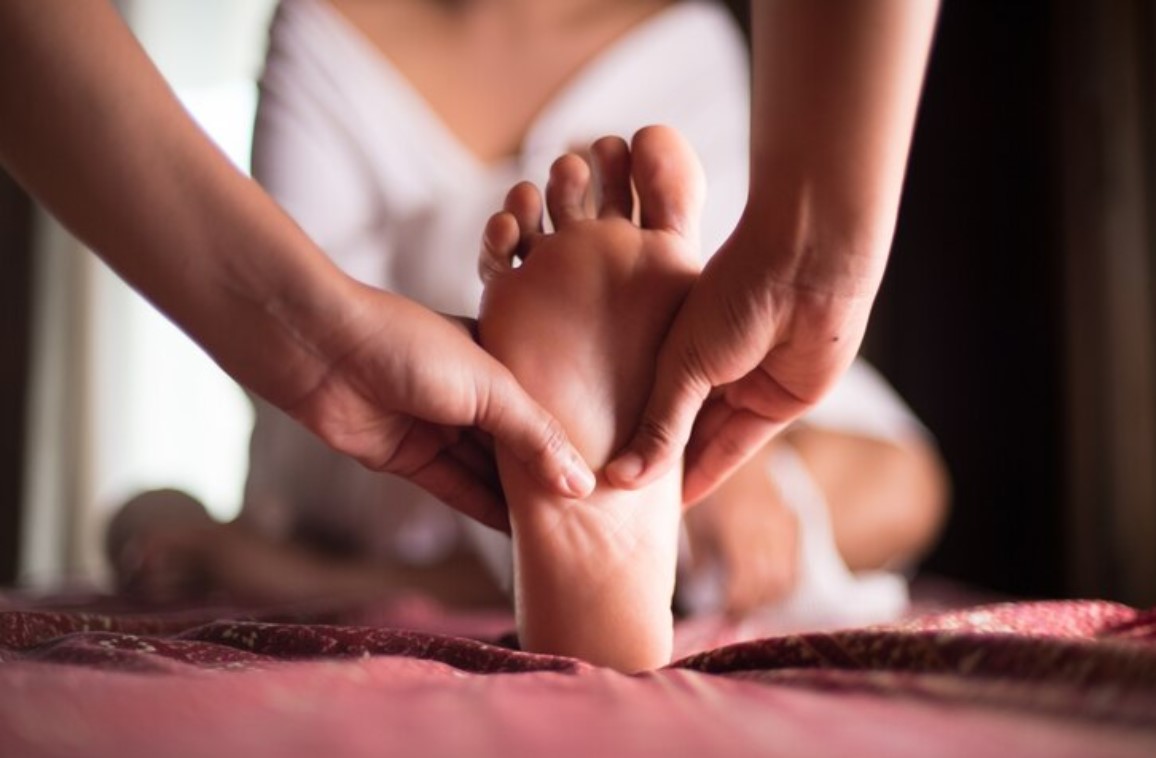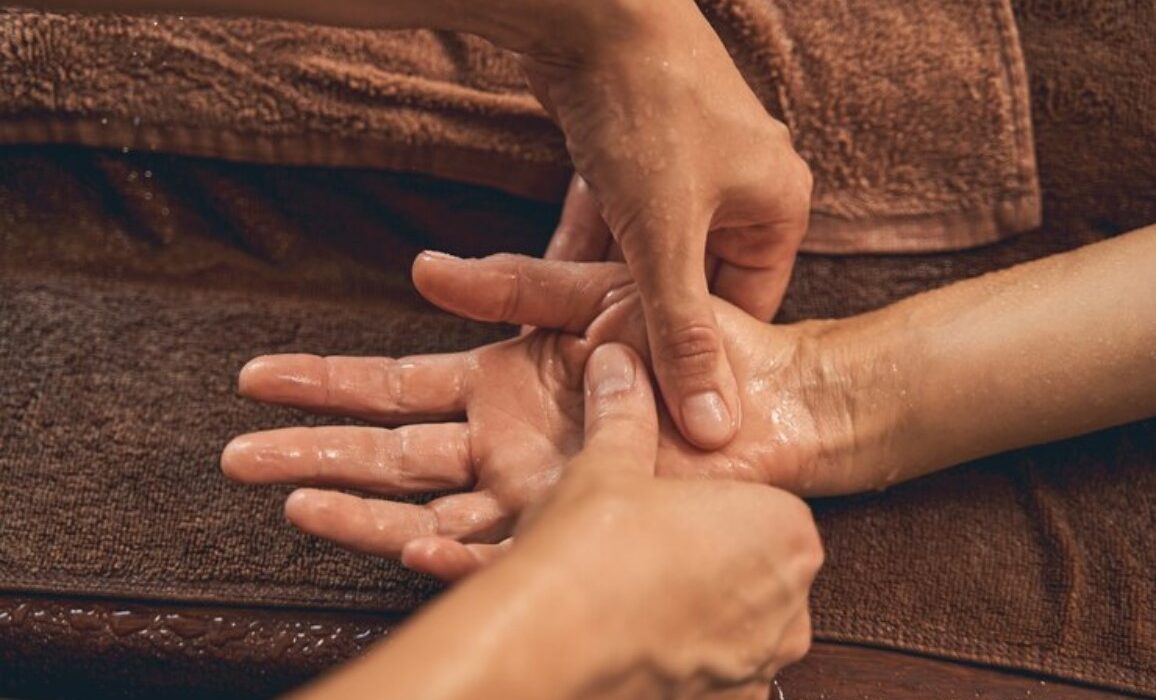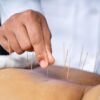Explore Acupressure Benefits for Overall Wellness and Long Life
Acupressure benefits have recently gained popularity in health and wellness trends, but acupressure has been around for thousands of years. This ancient Chinese practice happens to be a type of massage therapy that applies pressure to specific points, known as acupressure points, or rather acupoints, throughout one’s body.
Traditionally, acupressure has been used to treat a variety of health conditions as well as diseases. Modern science is rather catching up on the potential benefits of such an ancient form of medicine.
What is acupressure all about?
Acupressure is considered to be a technique in which pressure is applied to different points throughout one’s body. This can be done with either one’s own or someone else’s fingers (such as a formal practitioner) or tools (like therapeutic rollers, sticks, probes, and rings).
The goal of acupressure is mainly to restore health and balance in the body and, of course, to promote relaxation. Acupressure can help with several health conditions. The practice is similar to acupuncture, but no needles are used.
Acupressure Benefits
Traditionally, acupressure has been used in Chinese medicine to treat pain and disease and to improve overall health.
Presently, scientific research is still ongoing to determine the efficacy and benefits of this practice.
May reduce pain
Evidence does show that acupressure can help relieve pain. A particular study published in May 2019 in the Journal of Alternative and Complementary Medicine highlights that those who receive acupressure (patients in clinics and hospitals and those from the general public who have been taught self-acupressure) did report much-improved pain and anxiety scores after the therapy, with the most benefit being felt by hospitalized patients.
Another study shows that just three minutes of acupressure was indeed more effective in acutely decreasing pain intensity in athletes who happen to sustain an acute musculoskeletal sports injury compared with two control groups: one that received pressure from non-acupoints and another that received no treatment at all and just took rest in a room.
A few studies do suggest that acupressure can also help relieve sinus pressure associated with allergies.
May improve mental health
Acupressure can help alleviate stress and improve well-being. It decreases stress, fatigue, and anxiety.
Other research does show that acupressure can ease depression. Acupressure significantly reduces symptoms in people with mild to moderate depression as compared with the control groups. The studies prove variable in quality, and more research is needed.
May Help With Sleep Troubles
Some research does highlight that acupressure may help promote better sleep.
Sleep disturbances and psychological distress can be helped by acupressure, as sleep quality and mental well-being improve.
Can Ease Nausea and Vomiting
Another benefit of acupressure with little scientific backing is its anti-nausea effect. Studies have indeed shown particular benefits for people receiving chemotherapy and pregnant women.
Auricular acupressure, in conjunction with anti-nausea medication, is more effective at relieving nausea and vomiting than simple medication for breast cancer patients who are undergoing chemotherapy.

It reduces the severity of nausea, vomiting, and retching during pregnancy.
Can Improve the Well-Being of Cancer Survivors
In addition to no doubt preventing nausea and vomiting from chemotherapy, acupressure can help with several side effects of cancer. Those who happen to be trained in self-administered acupressure experienced greater improvements in symptoms of depression, anxiety, and pain, as well as improved sleep quality, as compared with those who received the usual care. Acupressure does reduce persistent fatigue in breast cancer survivors.
Conclusion
Acupressure is a noninvasive treatment that is considered to be generally safe when performed by a person who is properly trained, like a licensed massage therapist or acupuncturist.



